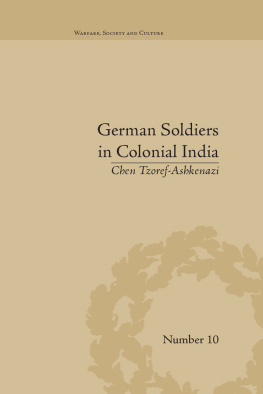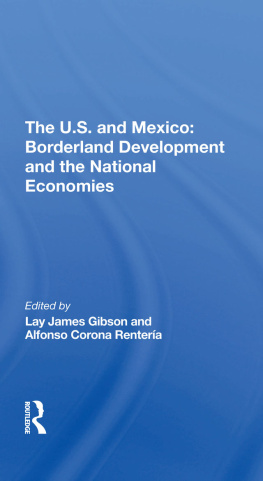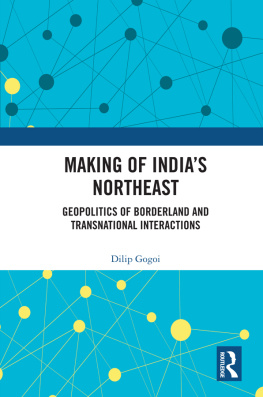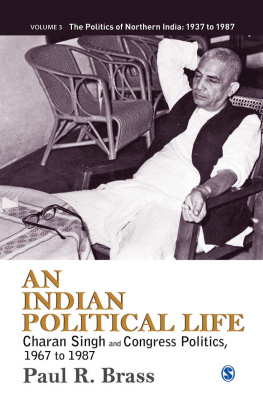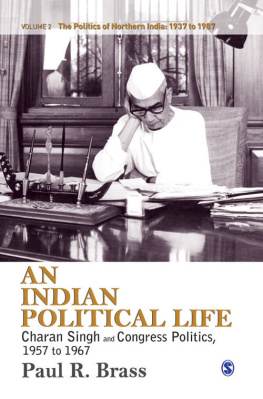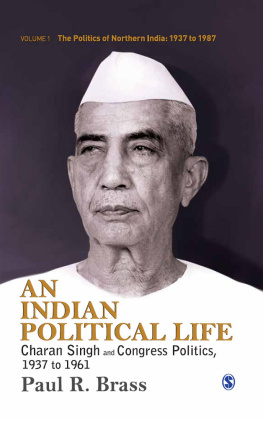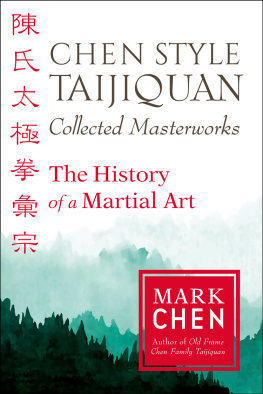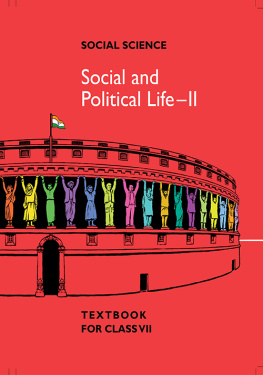Borderland Politics in Northern India
The colonial legacy in the construction of the modern Indian state has left a deep imprint on contemporary Indians self-identity and self-determination. Borderland Politics in Northern India is a collection of essays, giving detailed accounts of the many different ways that people throughout India understand their homeland, the territory where they live, and the broader region to which they belong. Mona Chettri looks at the Gorkha community in the Darjeeling hills to the northeast, Manjeet Baruah examines Assam, and L. Lam Khan Piang explores the dispersion of the Zo people throughout many northeastern states. In the northwest, Aijaz Ashraf Wani illustrates how the Jammu and Kashmir State is severed along complex regional, religious, and ethnic lines. This book is an invaluable source for readers interested in comparative studies of borderlands globally. It also contributes to South Asian studies broadly conceived, to Indian border studies, and to local social, cultural, and political histories of the constituent border regions of Northern India.
This book was originally published as a special issue of Asian Ethnicity.
This book is edited by Yu-Wen Chen with the co-operation of Chih-yu Shih (National Taiwan University, Taiwan). Professor Chen is executive editor of Asian Ethnicity and associate professor at the Graduate School of Public Policy at Nazarbayev University, Kazakhstan. She previously worked at University College Cork (Ireland) and Academia Sinica (Taiwan).
Borderland Politics in Northern India
Edited by
Yu-Wen Chen and Chih-yu Shih
First published 2015
by Routledge
2 Park Square, Milton Park, Abingdon, Oxon, OX14 4RN, UK
and by Routledge
711 Third Avenue, New York, NY 10017, USA
Routledge is an imprint of the Taylor & Francis Group, an informa business
2015 Taylor & Francis
All rights reserved. No part of this book may be reprinted or reproduced or utilised in any form or by any electronic, mechanical, or other means, now known or hereafter invented, including photocopying and recording, or in any information storage or retrieval system, without permission in writing from the publishers.
Trademark notice: Product or corporate names may be trademarks or registered trademarks, and are used only for identification and explanation without intent to infringe.
British Library Cataloguing in Publication Data
A catalogue record for this book is available from the British Library
ISBN 13: 978-1-138-81329-8
ePub eISBN 13: 978-1-317-60516-4
Mobipocket/Kindle eISBN 13: 978-1-317-60515-7
Typeset in Times New Roman
by RefineCatch Limited, Bungay, Suffolk
Publishers Note
The publisher accepts responsibility for any inconsistencies that may have arisen during the conversion of this book from journal articles to book chapters, namely the possible inclusion of journal terminology.
Disclaimer
Every effort has been made to contact copyright holders for their permission to reprint material in this book. The publishers would be grateful to hear from any copyright holder who is not here acknowledged and will undertake to rectify any errors or omissions in future editions of this book.
Contents
Yu-Wen Chen
Manjeet Baruah
Mona Chettri
Aijaz Ashraf Wani
L. Lam Khan Piang
The chapters in this book were originally published in Asian Ethnicity, volume 14, issue 3 (June 2013). When citing this material, please use the original page numbering for each article, as follows:
Chapter 1
Introduction: Borderland politics in northern India
Yu-Wen Chen
Asian Ethnicity, volume 14, issue 3 (June 2013) pp. 273275
Chapter 2
Space and community between the local and the global: two examples from the Brahmaputra Valley of Assam
Manjeet Baruah
Asian Ethnicity, volume 14, issue 3 (June 2013) pp. 276292
Chapter 3
Choosing the Gorkha: at the crossroads of class and ethnicity in the Darjeeling hills
Mona Chettri
Asian Ethnicity, volume 14, issue 3 (June 2013) pp. 293308
Chapter 4
Ethnic identities and the dynamics of regional and sub-regional assertions in Jammu and Kashmir
Aijaz Ashraf Wani
Asian Ethnicity, volume 14, issue 3 (June 2013) pp. 309341
Chapter 5
Research note: Ethnic mobilisation for decolonisation: colonial legacy (the case of the Zo people in Northeast India)
L. Lam Khan Piang
Asian Ethnicity, volume 14, issue 3 (June 2013) pp. 342363
Please direct any queries you may have about the citations to clsuk.permissions@cengage.com
Borderland politics in northern India
Yu-Wen Chen
Department of Government, University College Cork, Cork, Ireland
This special issue provides a partial snapshot of the complex ethnic issues in Indias northern borderlands. A cartographer friend of mine was entrusted with creating a map of India to give readers a visual understanding of the contested areas depicted in this special issue. As with any attempt to capture the exact boundary of India in a geographical term, my cartographer friend and I were confronted with an immediate challenge. We found various versions of maps of India, each with different depictions of the national boundary and how it should be presented. For instance, the international edition of Google Map (maps.google.com) has encircled Arunachal Pradesh in the northeast as well as the state of Jammu and Kashmir in the northwest, in dashed lines, illustrating to the readers that the sovereignty of these territories are under dispute. However, in the Indian version of Google Map (www.google.co.in), these territories are encircled with solid lines, which indicate no territorial disputes whatsoever. It appears that the Indian government uses the maps of its country to convey the idea that no territorial disputes exist or that they have been solved.
In contrast, the four experts who have contributed to this special issue give detailed accounts of how residents in various regions and sub-regions of India have a different understanding of their homeland, including the territory in which they reside and the region to which they belong. In the northeast part, Mona Chettri looks at the Gorkha community in the Darjeeling hills, Manjeet Baruah examines Assam, and L. Lam Khan Piang explores the dispersion of the Zo people in a number of northeastern states. In the northwest, Aijaz Ashraf Wani illustrates how the Jammu and Kashmir state is severed along regional, religious, and ethnic lines. It is clear from these cases that the colonial legacy and modern Indias state building have left a deep imprint on the peoples search for self-identity and self-determination in contemporary India.
Manjeet Baruah and L. Lam Kham Piang have dedicated a substantial portion of their respective papers to the influence of the colonial legacy. Despite this colonial influence, it is immediately apparent that each region or community has followed different trajectories of development. Manjeet Baruah looks at the Brahmaputra Valley, which makes up the major area of the northeast state of Assam. Tea plantations and cartographic efforts accompanied colonization, and these ultimately prompted the colonized territory to be (re)defined. It was during this process that the trans-spatiality of social groups in the pre-colonial era came to an end. Social groups were assigned new territorial affiliations, and some were homogenized into a single category.




